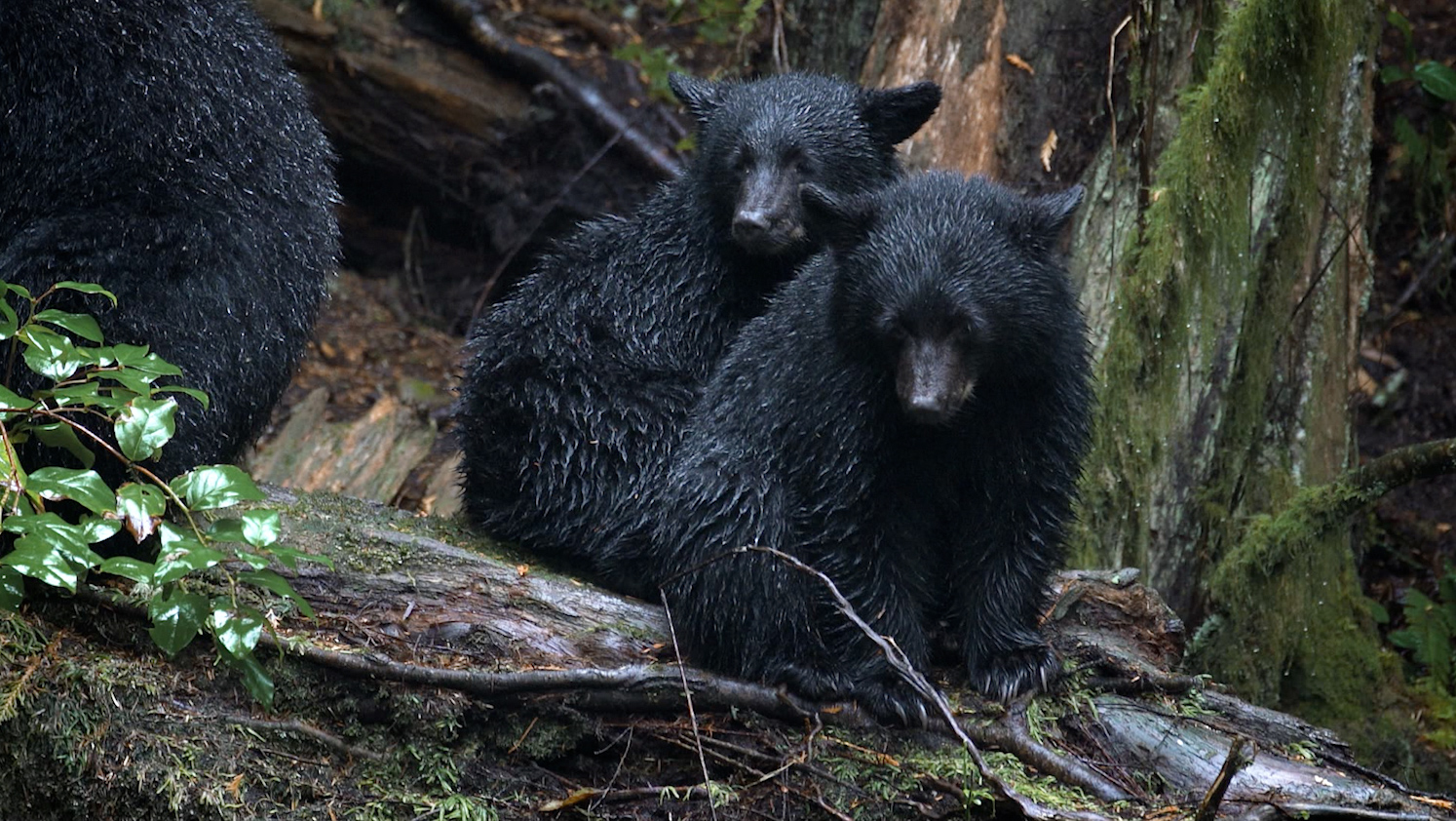Over the last two decades, Jessie Johnston has worked in both the US and Canadian magazine industry and founded her own publication, Asparagus, in 2018. Asparagus combines Jessie’s passion for sustainability and storytelling, and won the award for BC Magazine of the Year 2022. I interviewed Jessie to find out more about her journey into magazine publishing, the role she plays at Asparagus, along with her perspective on the future of the magazine industry.
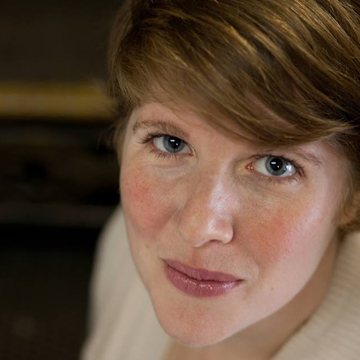
So Jessie, how did you start your career in the magazine industry?
I grew up loving to read magazines – my parents always had magazines around the house – so by the time I was an undergrad, I felt very strongly that I wanted to be in journalism. I started looking for opportunities in magazines, and after my undergrad I ended up doing an internship at National Geographic Traveler Magazine.
I did my undergrad in the US, which made it possible to find work opportunities there at least in the short-term, so when my internship ended they hired me onto the staff. I guess they liked having me around, so I did that for three years. It was a great job but also an entry-level position, so by that point I was ready to move up. The problem with National Geographic at the time was that it was such a great employer that nobody was going anywhere! So there was no up for me to move into – all the jobs I could have wanted were very happily filled by my colleagues who didn’t want to leave.
That was when I came up against the challenges of the US immigration system and after a few months of applying for jobs all over the place, I decided to move back to Canada. It was then that I got into the mindset of thinking I’d probably have to start something of my own, because if I wanted to keep doing the thing I loved and be involved in this world, waiting for someone to have the perfect job for me was not going to work out.
Looking back, is there anything you wish you’d known before starting out that you know now?
There are lots of things I didn’t know but I don’t think I learned them at the wrong time. I think, as with any industry, the key thing is to get your foot in the most convenient door you can find, and then just pay attention to everything that’s going on around you. It might have been nice to see the future in terms of how digital publishing was going to change the industry, but no one knew how that would develop. I’ve been in the industry for twenty years now, and I’m still learning.
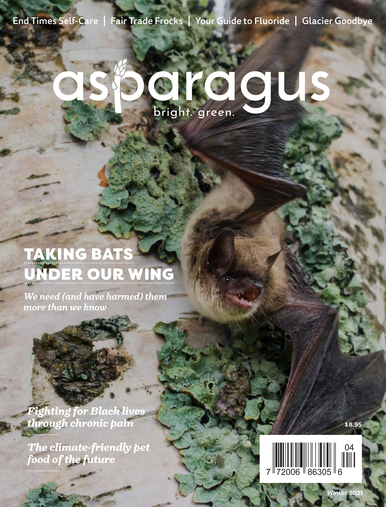
What’s the process of publishing Asparagus’ content for you?
Every day is different. My personal role can vary from editing a manuscript to answering emails to doing things in our financial spreadsheets, writing a newsletter, contacting a giveaway winner, or trying to understand Instagram! I do a bit of everything. We have a big team but everyone is part-time. There are senior members of the team who can provide guidance to more junior members, but at the end of the day that management falls to me. Sometimes I spend the whole day supporting other people in their roles, sometimes I have to tell everyone to go away or the feature cover story won’t get edited. I have a finger in every single pie – anything that the magazine does I’m involved in, to some degree.
Do you have a favourite ‘pie’ so to speak, or a part of the process you enjoy the most?
I love editing; that’s the thing I’m the best at and get the most satisfaction out of. But if I only wanted to be an editor, I wouldn’t have started a magazine. I find all parts of it fascinating – I love the curation process of figuring out both what’s going to go into an issue, but then also the order we’re going to roll things out online. I’m not a particularly talented marketer, but marketing is interesting to me so I like being involved with that, and I also love being in touch with our subscribers. I’m a person who always has lots of diverse interests, so being involved in magazine publishing really suits me. There are so many things going on all at once that are connected, but also different. I’m not bored, ever! And I love working with my team, they’re the most wonderful people.
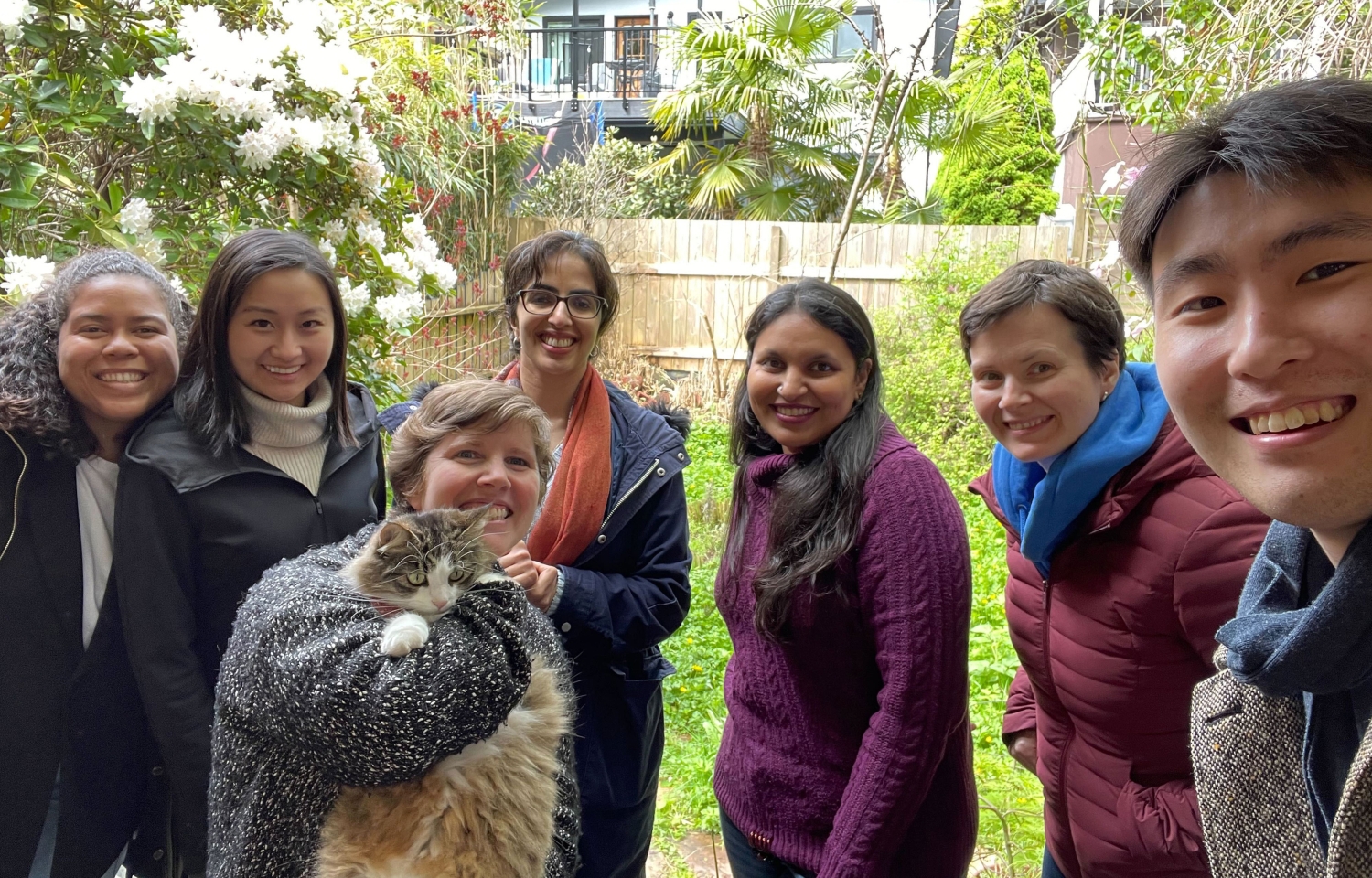
Your team at Asparagus is a diverse one – what advice can you give in regards to managing and ensuring diversity at your magazine?
There hasn’t been one specific strategy that we’ve employed consistently. But in terms of advice, I would encourage people responsible for the hiring in publishing to view having a team that reflects the world they’re operating in as at least as valuable as the experience and knowledge that applicants bring to the table.
People can be taught how to fact-check, sell ads, and write social media posts. They can’t be taught how to see the world through another person’s life experience. So when we hire, we look not only at what applicants have done, what they want to do and what they care about, but also what they would bring to our table that isn’t already there.
That’s great advice! I also read on your website that Asparagus ‘approaches the world’s heaviest problems in a light-hearted and creative manner’. Is this approach important to you personally?
Yes definitely. We do publish stories that can be a bit of a bummer, but it was important to us that the world of Asparagus not be a bummer. It’s so easy to tune out of important conversations if they just feel hard. So yeah, they’re hard but also we can laugh, and we can also create something beautiful and inspiring out of the hard. I live and breathe these issues and I’m not depressed all day, so I want to create a world where our contributors and our readers can also live and breathe these issues without being depressed all day. I want them to feel like there are solutions out there, and that there is a laugh to be had. So that’s a big part of why I started Asparagus – there was a magazine that I wanted to read that no one was making, so I made it.
To talk about the industry more broadly, how do you see the future of magazines developing?
I have no idea, we might all shut down! But I think a lot of it means having a really diversified approach. So not just print publishing, not just digital publishing, but also events, podcasts and so on. Really, being a magazine company at this point means being a diversified media company. Most of us are having to wear all these hats which is both exciting and exhausting.
I think a lot of it will depend on our readers. We’re certainly seeing increasing comfort with donating to journalism organisations to support in that way, but we’ll have to see whether it will be enough to sustain particularly start-ups like us. During the pandemic – a time we should have been growing – all we managed to do was hold steady, but we’re too small for holding steady to be good enough.
You asked about the industry, and I’m talking about us, but we’re not the only organisation in that position. There’s never going to be enough government subsidy to keep us all going, and if readers aren’t willing or able to fill the gap left by advertising, will we just end up with the big, centralised publishers? I hope not! That’s not the magazine publishing world I want to live in, but it’s not clear at this point that we are going to avoid that.
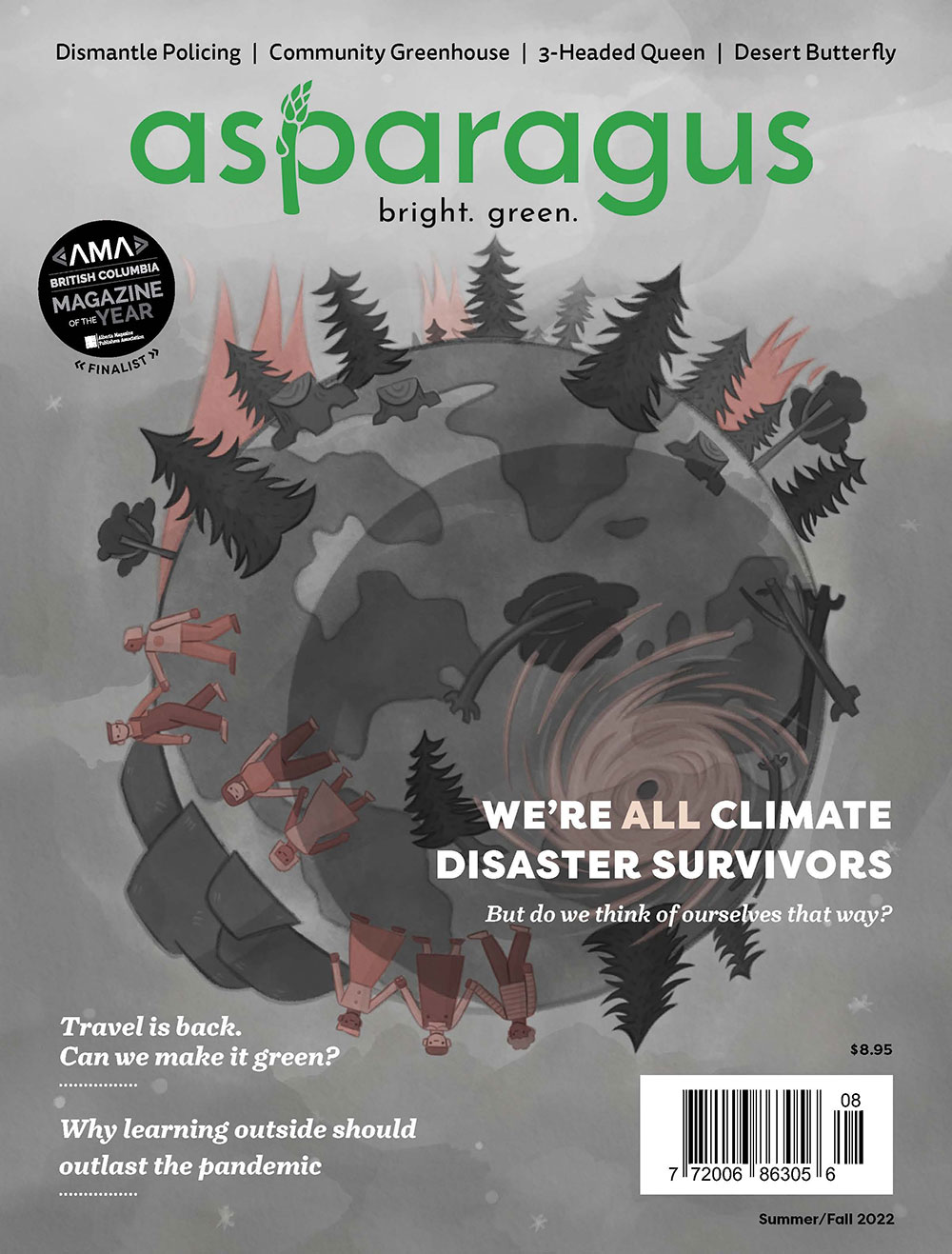
And finally, I’m interested to hear what advice you have for someone starting out in this industry.
You’re going to meet the best people and do the most interesting things. It’s a hard field to make a living in starting out, but I hope that changes. Be game to try everything – don’t assume that because you know you like part A you won’t like part B. One of the most interesting experiences I’ve had in the industry was during a work placement I did in Toronto at Magazines Canada. One day my boss asked if I’d ever sold an ad – I said no, but that I was willing to try! I had been fully editorial-focused up to that point. Now suddenly here I was thrown into the deep end of ad sales but it was great. I got to experiment, and this was very helpful when I started my own magazine. I learned a lot and it was a good skill to have under my belt. So don’t pigeon-hole yourself – try everything you are offered.


